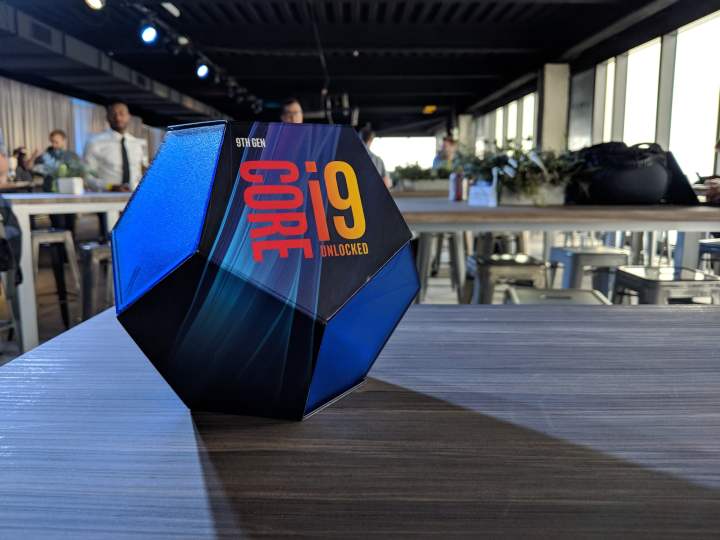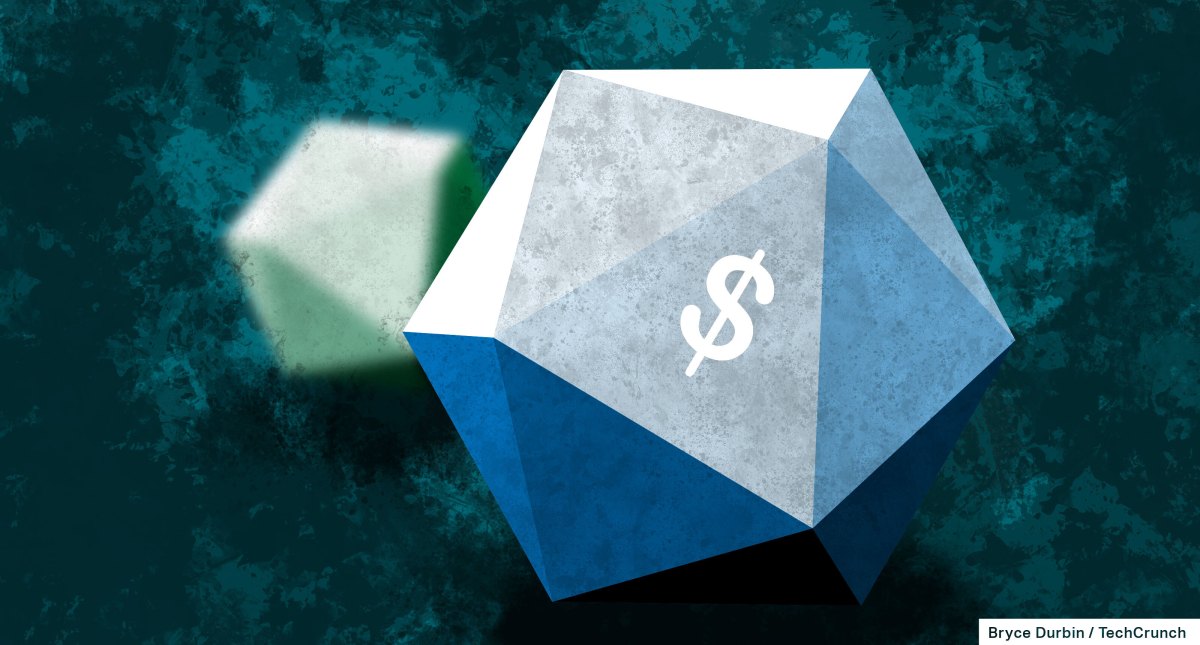Stalker 2 is one of those games I never thought would actually release. Originally announced 14 years ago, the project was shelved after developer GSC Game World closed its doors, only to be reignited in 2018. Then, as the originally announced 2022 release of the game approached, Ukraine, where the developer was based, was invaded by Russia.
There are plenty of games that suffer in development hell, but they pale in comparison to the struggles Stalker 2 has gone through. The fact that the game is even here is nothing short of a miracle. Like other titles stuck in development hell, though, Stalker 2 is far from perfect, particularly when it comes to PC performance.
Between the use of Unreal Engine 5, an AI system we rarely see in modern games, and plenty of release-day bugs, Stalker 2 is far from a smooth experience on PC. It’s playable — and enjoyable for this fan of old-school PC survival shooters — but you should expect some bumps in the road if you plan on playing at release.
Get your weekly teardown of the tech behind PC gaming
Stalker 2 system requirements
 GSC Game World
GSC Game WorldYou can miss some important details in Stalker 2′s system requirements if you don’t pay close attention. That mainly comes down to the CPU choice. In general, developers target 1080p at 60 frames per second for the recommend specifications, and after that point, the recommend CPU doesn’t climb higher — at least for a game without ray tracing. Here, the CPU recommend jumps considerably between the High and Epic graphics presets.
As I’ll dig into more in the next section, Stalker 2 is very sensitive to older CPU architectures. It only needs eight cores, but older CPU generations — and older DDR4 platforms as a result — will struggle to run the game cleanly above 1080p. There’s no doubt that Stalker 2 is a demanding game, but unlike a title like Black Myth: Wukong, that demand isn’t solely on your graphics card.
Make no mistake, you’ll still need a beefy graphics card. In that regard, the system requirements aren’t great, particularly at the Low and Medium presets. An RTX 4060 is significantly faster than an RX 5700 XT, for instance, and the Intel Arc A750 shouldn’t even be compared to the RX 580 and GTX 1060. I would err on the side of the Nvidia recommendation across the board, substituting alternatives from AMD or Intel as needed.
One important note that isn’t covered in the system requirements is upscaling and frame generation. From my testing, it looks like the recommendations are based around having upscaling turned on, at least, with frame generation being optional. Even with an RTX 4090 and Ryzen 7 7800X3D, I wasn’t able to get a consistent 60 fps at native 4K, with occasional dips into the high 40s.
The CPU problem
 GSC Game World
GSC Game WorldStalker 2 is really demanding on your processor, and I suspect a lot of players stepping into the game today will run into performance issues due to their processor. For context, even with a new Ryzen 9 9950X with 16 cores and some of the highest performance money can buy, the game peaked at 88% utilization and averaged 59% utilization over a 15-minute performance test.
That’s high for a gaming running at 4K with maxed-out graphics. With how graphically demanding Stalker 2 is, you’d expect CPU utilization to be somewhere closer to 20% to 30% when running at 4K, especially on a 16-core, 32-thread chip like the Ryzen 9 9950X. If you ignore your CPU when playing Stalker 2, you can run into some serious issues.
For instance, in my 15-minute run of gameplay, I clocked an average frame rate of 86 fps with the Epic preset. I used an RTX 3080, 32GB of memory, and the Ryzen 9 9950X, and I had DLSS set to Balanced mode. During that run, I saw stuttering, but that only accounted for 1% of the total time I played.
Meanwhile, our Stalker 2 reviewer sometimes saw dips into the 20s, stutters, and very inconsistent performance. They were running at 4K with the Medium preset and DLSS set to Performance mode, and also with an RTX 3080 and 32GB of memory. The difference? Our reviewer was using a Core i9-10900K.
 Digital Trends
Digital TrendsThe solution here isn’t to just go out a buy a new processor — though that would likely help your Stalker 2 performance. It’s simply to understand how important your CPU is in the game, and how settings can impact your overall performance. If you need a primer on why this is important in the first place, make sure to read our guide on CPU bottlenecks.
In short, pushing your graphics settings down in Stalker 2 with a weaker processor can make a bad situation worse. Particularly when running at higher resolution withs a powerful graphics card, you’ll need to play a delicate balancing act between graphics settings and upscaling. Push things down too low if you have a weaker CPU, and you can start to run into CPU bottlenecks quickly.
Stuttering and UE5 woes
 You can see from the frame time here the inconsistent performance in the open world, as well as routine stutters. Jacob Roach / Digital Trends
You can see from the frame time here the inconsistent performance in the open world, as well as routine stutters. Jacob Roach / Digital TrendsAlthough I didn’t encounter terrible stuttering issues in Stalker 2 like we saw in Silent Hill 2 earlier this year, there are still stutters — and they’re extremely aggressive at times. This game uses Unreal Engine 5, which is carrying forward the infamous mantle of stuttering issues that Unreal Engine 4 brought into the limelight.
There isn’t shader compilation stutter — more on that soon — but you will encounter traversal stutter, and not at all in a consistent way. Sometimes I’d flick the camera around and sprint in a different direction with a big stutter in the middle of the movement; other times the game was smooth. Sometimes I’d engage a conversation with an NPC only to see the game slow to a crawl. Other times, it stayed consistent.
I suspect some mixture of the large open world — the map is 60 square kilometers large — and the A-Life system that simulates interactions outside of the player’s view play a big role in these routine stutters. Apparently, similar to older Stalker games, A-Life is running at all times across the whole map, which explains the high CPU requirements.
 GSC Game World
GSC Game WorldLike nearly all UE5 games, Stalker 2 has a shader compilation step when you first load the game. Just to be sure, it actually has this step every time you load the game, regardless of if anything has changed. Worse, it takes a long time. When you first compile shaders, or the first time you launch the game after an update, it can take upward of 15 minutes for this process to complete, even on a 16-core CPU.
It’s not the fact that you have to go through this process once that’s frustrating. It’s that you have to every single time you open the game. Even relaunching the game immediately after closing it, you’ll have to wait a solid five minutes at the shader compilation screen before you can jump into the game.
Frame generation to the rescue
The Stalker series has always been known for being heavy on your CPU, and Stalker 2 certainly carries that tradition forward. We have new tech to combat that issue today in the form of frame generation, though, which the game takes full advantage of. You get both DLSS Frame Generation and FSR 3.1 Frame Generation, both of which work fantastically in the game.
You get a treasure trove of upscaling options, too — DLSS, FSR, XeSS, TSR, and even a resolution slider for regular TAA. However, frame generation is going to do a lot more for your performance in Stalker 2 than upscaling alone. Upscaling is still welcome, but try not to push it too far, especially if you’re running a monitor below 4K.
Understandable struggle
 GSC Game World
GSC Game WorldI’ve focused mainly on the performance of Stalker 2 here, but the pre-release build I tested had some bugs, as well. There were some minor issues I encountered, such as sound effects missing for various different items, but some were more severe. Strange object pop-in and UI elements either getting stuck or completely lost on screen were things I saw in just the first few hours of the game.
Since I first got access, I’ve seen two new builds of the game. These seem to address some of the low-hanging fruit of bugs, but in the few days I had to test the game, I wasn’t able to do a full playthrough multiple times. I haven’t run into any game-breaking issues regardless. You should expect some bugs, though that’s a fair assumption for just about any open-world game.
It’s important to take the issues with Stalker 2 into account with the wider context surrounding the game. Developer GSC Game World was based in Ukraine when Russia invaded the country, and although the studio relocated to Prague shortly after the invasion, those wounds don’t heal quickly. One former developer was even killed fighting the invasion.
It’s fantastic that the developers are safe and that they’re finally able to release a game that’s been in development for the better part of a decade. But there’s a reality that the development of this game was far from normal, and the fact that it has performance issues on PC is completely understandable given the circumstances. Even properly-funded AAA studios not in a war zone struggle to do that sometimes.
If you plan on picking up Stalker 2 right away, I’d encourage you to exercise some grace with the development team when it comes to performance issues and bugs. Hopefully over time, the game will continue to see patches that improve performance.











![Edit, convert, and organize PDFs effortlessly: Grab UPDF’s amazing Black Friday discounts! [Sponsored]](https://i0.wp.com/9to5mac.com/wp-content/uploads/sites/6/2024/11/UPDF-hero-image.png?resize=1200%2C628&quality=82&strip=all&ssl=1)








 English (US) ·
English (US) ·